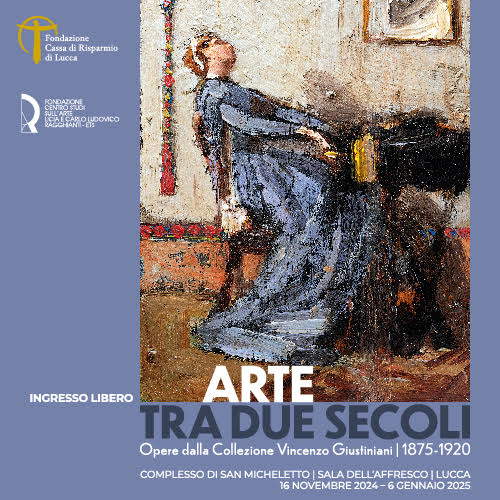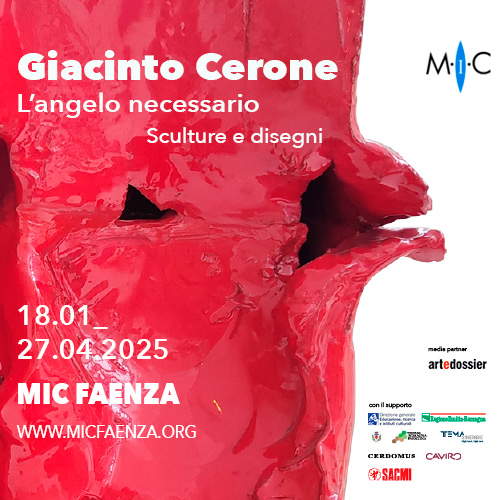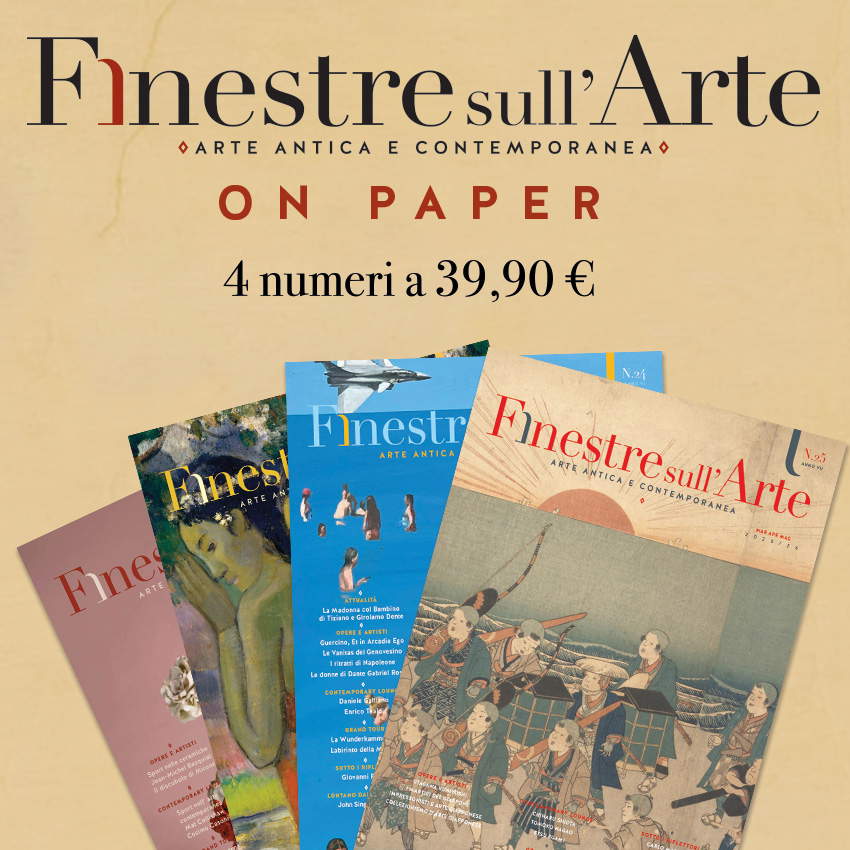Tourism, culture and viruses, no to summer 2020 mistakes: is minimum income the solution?
Greece has been ahead of everyone: no vaccine passport. A recent negative swab, or having contracted the virus, or a vaccination certificate will be sufficient to enter the country starting May 14. And the government will bear the costs for tourists forced to quarantine in the country. It was only a matter of time: there has been discussion for months about how to make sure that people can move freely under certain conditions, and whether to establish a "vaccine passport," in short a certificate that would act as a pass and allow people to move freely. Not surprisingly, it was Greece that was ahead of everyone, one of the European nations least affected by Covid and whose economy most depends on tourism. The first of the two factors is not minor: having been little touched by the pandemic also means having less awareness of what it can cause in health and society.
But everything suggests that this leap forward will be followed closely by several European countries, such as ours, where Minister Massimo Garavaglia already declared a month ago that he did not want to leave “a single centimeter of advantage to our competitors. What they will do we will do.” The tourism sector is asking for nothing more: to restart. Some of the largest and most representative associations of operators, hoteliers, guides and tour operators have asked to be vaccinated quickly in order to have a guaranteed season. But is this not reminiscent of the desperate desire to restart “as soon as possible” that was recorded a year ago?
A year ago the free pass was the idea that the virus would “lose strength,” with the now-famous stances of politicians and doctors assuring the public of the desirability of returning to a sociality and movement of people that resembled that which preceded the emergence of the Sars-Cov-2 epidemic. Today that pass would be the vaccine (or, if we were to conform to the Greek model, a negative swab or earlier contagion). But what do we know about these vaccines? We know with certainty that they dramatically reduce the chance of contracting the virus in its severe forms, but we also know that there is still no data to rule out the possibility that the vaccinated person could contract the virus and spread it. We have spent months with closed regional borders and harsh restrictions, and it is clear that the vaccination campaign, the natural spread of antibodies and, in all likelihood, the decline in the aggressiveness of the virus in the summer months will make it possible, and desirable, to relax the restrictions. But do we really want to incentivize the restart of tourism again this year, as we did last, in the sense of pre-2020 tourism, characterized by the movement of masses of people in groups from one country to another, from one continent to another?
 |
| Female visitor to the Borghese Gallery during summer 2020, after the museums reopen |
Global tourism plummeted by 90 percent in 2020, but in the Italian summer the drop was “only” 50 percent thanks to the widespread reopening. We all know by now how much that false sense of disappearance of the virus has forced the country and the continent into new and widespread confinements that still do not end, and how much economic and social damage this is producing. Last year saw a lost opportunity to guarantee widespread income for all those working in the sector and allow the entire sector, or sectors, whose lives depend on interaction with the public and the movement and movement of people. Yet last spring the demand was pressing. Occasional allowances were preferred, and the occasionality drove operators to accept the first job offer they could get, even at the cost of risking their health and, more importantly, their wages, which, thanks to this blackmail, fell again. A Holiday Bonus was preferred, thinking that just giving money would be enough to make everything go back to the way it was: it proved to be ineffective and the deadline has continued to be extended for months.
We must not lose touch with reality. The tourism sector, as well as the entertainment and major events sector, has needed to reinvent itself for a decade or more now. These are sectors where labor is poor and exploited, when not black. Focusing on cultural tourism, we have, or rather had, very few destinations that alone garnered more than 50 percent of foreign tourism in Italy, management based on outsourcing and the good-heartedness of individual local administrators who can decide the life or death of a location or institution, where the norm is to turn to publics far from the territory because they are the ones that guarantee greater spending and therefore greater consumption, forgetting the others. A similar argument can be made with large events, festivals, biennials or capitals of various kinds: punctual realities, often privately run, that bring wealth that is too often limited in time and with a huge difference in the distribution of income between those who manage and those who work there instead, guaranteeing the quality of service.All this was known before, and it was known to be an unsustainable system in the long run. The pandemic has only made this need for reform all the more pressing and urgent: better and renewed working conditions, better and more organic management, new paradigms to guide the work of the public agency and companies.
Last year was a year of abrupt, unforeseen braking, this can be a year of organized slowdown, providing everyone and everyone with the necessities of life, regardless of production, and thus enabling the entire sector to think, to experiment, to restructure itself by working with the territory, going beyond some of the modus operandi of the recent past: all things that can be done even in times of fat cows, let’s be clear, but certainly if things are already not working, it becomes even easier to decide to change them. Everyone needs to work, few, very few need to return to the reality of before. And citizens have so much hunger for culture, and so much desire to travel sustainably within a few simple rules.
After the gross mistake made last year, to lose again this year by chasing the chimera of restarting at all costs, betting everything on vaccines as a collective pass, would be a second unforgivable mistake: after 12 months that seemed thrown away, it is no longer time for betting. There are problems to be solved, and a year of structural slowdown may be an opportunity that will not be easily repeated. Investing to ensure widespread income has a cost, both economic and social, that is enormously lower than what an uncritical new “free everyone” would have that risks increasing labor exploitation and, if by chance there are new unforeseen surprises, putting us back to square one again.
Warning: the translation into English of the original Italian article was created using automatic tools. We undertake to review all articles, but we do not guarantee the total absence of inaccuracies in the translation due to the program. You can find the original by clicking on the ITA button. If you find any mistake,please contact us.





























